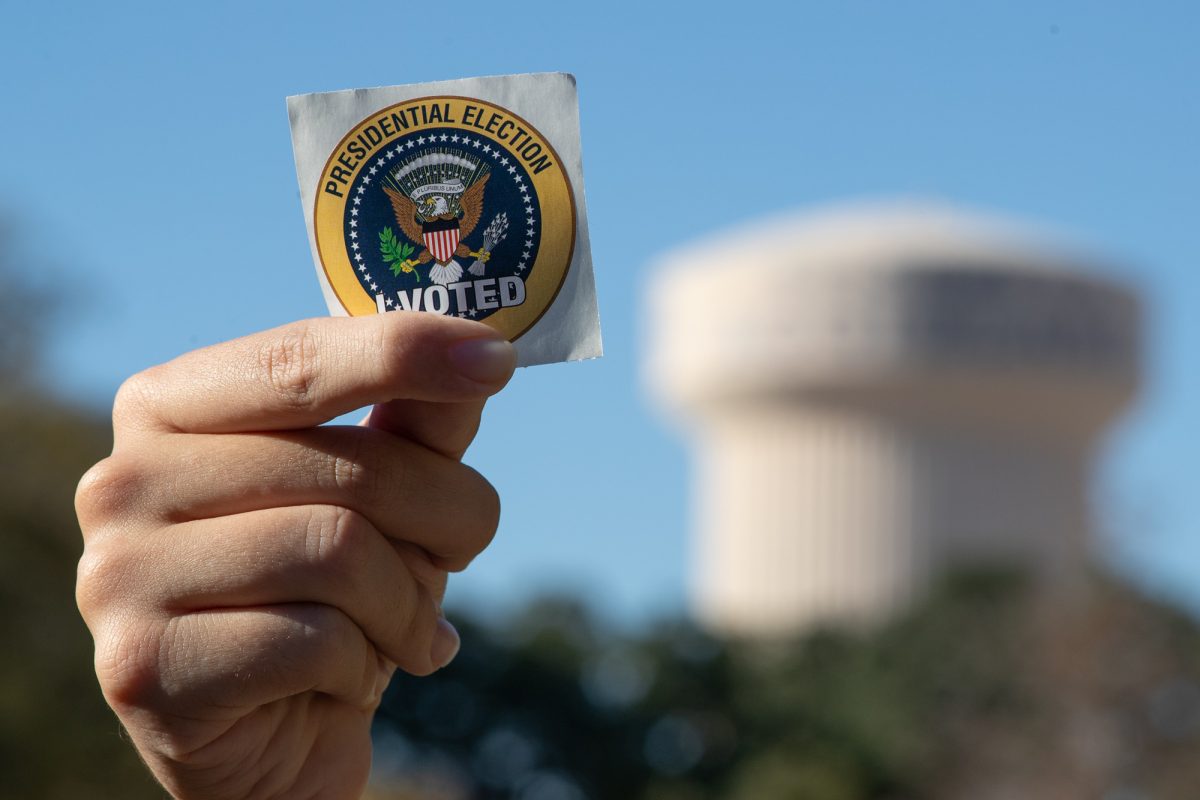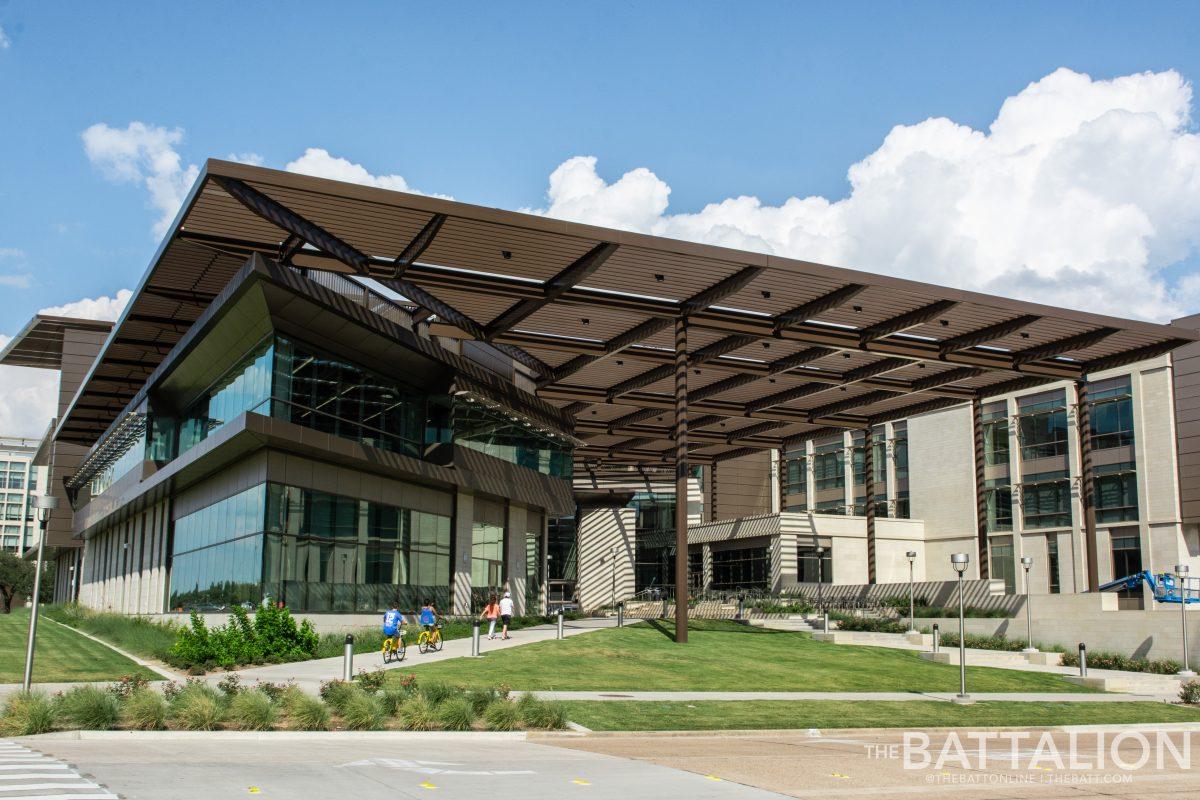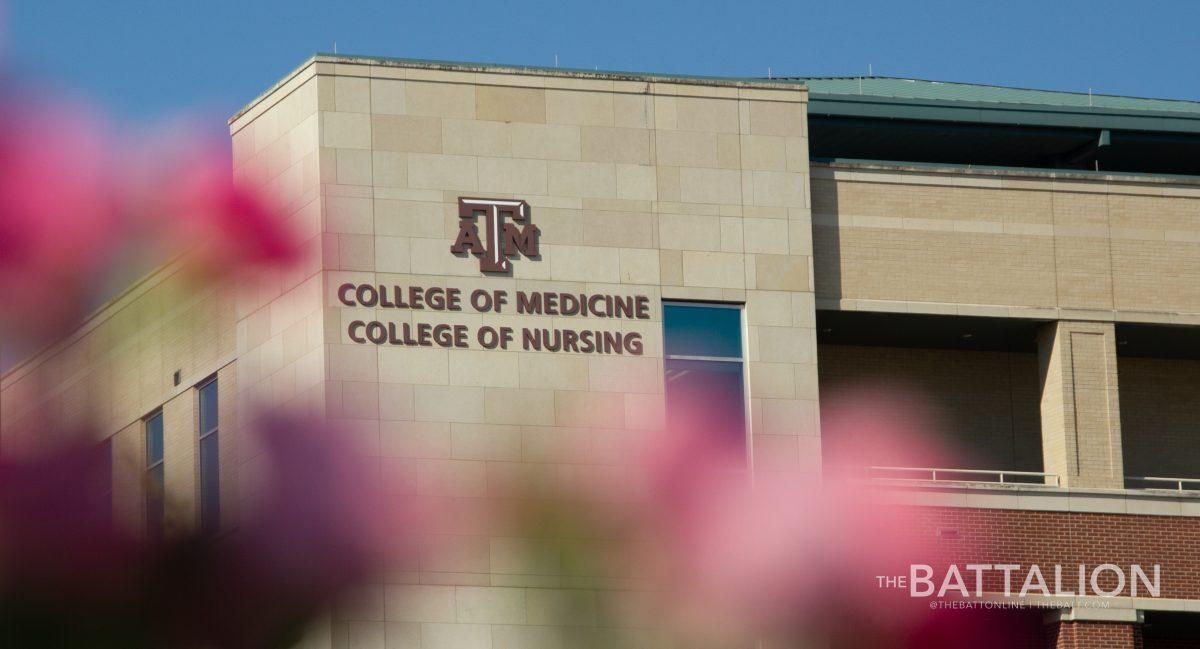Various Texas voting laws have been under scrutiny for the restrictions they have placed on voters.
House Bill 3120 and Senate Bill 1, enacted in 2021, introduced restrictions on obtaining mail-in ballots and eliminated drive-through polling locations and 24-hour voting, options established during the COVID-19 pandemic.
As the November election approaches, the changes are prompting concerns about the potential impact on voter participation and whether the legislative actions may affect voter accessibility and turnout this year.
Political science professor Todd Kent said COVID-19 created an unprecedented voting situation requiring eased rules and procedures. “For example, in the hurricane in North Carolina, the voting board changed the rules because whole towns are being wiped out,” Kent said. “They had to change it to make sure people could vote this time … [in] an emergency situation.”
The pandemic saw a significant increase in the use of mail-in ballots by voters, with nearly 50% of votes being cast this way in the 2020 primaries. When asked if he believed restrictions on mail-in ballots would significantly affect voter turnout this year, Kent said any potential effects would be minimal.
“Maybe the numbers might slightly decline … but mail-in ballots are extremely hard to manage,” Kent said.
The shift towards mail-in ballots in the 2020 election raised concerns regarding voter integrity, Kent explained.
“If I have a mail-in ballot, I just have to sign it,” Kent said. “My envelope has to have the same signature on the outside, and somebody has to compare the two. So voter integrity is harder when you have a mail-in ballot.”
Kent said that in some cases, voters were actually taken advantage of.
“[There were] certain cities in 2020 where people were going door to door and basically saying, ‘Did you get that ballot in the mail? Let me help you fill it out,’” Kent said. “This made it difficult to maintain control over the ballots.”
The Brazos County elections administrator, Trudy Hancock, said election security and integrity is “one of the main factors” they focus on when running elections.
“Any of the changes in policies or procedures, that’s what we think of,” Hancock said.
Other concerns revolve around identification requirements, particularly questioning why student ID cards do not fulfill Texas voting ID requirements. Kent said this argument goes beyond mere voting laws and is something that, if concerning, needs to be amended in the state statute.
“Does it meet the Texas state statute requirements?” Kent asked. “A student ID does not have your address on it. If we don’t want to have to show our address, then we should take that out of the law.”
Hancock described the various forms of identification that can be used, and for students out of state, ways in which they can validate their identity to vote in Texas.
“[In Brazos County], we do have a lot of college students who still use their out-of-state driver’s license, and you can do that by using a Reasonable Impediment Declaration,” Hancock said. “That is just saying that you don’t have a Texas driver’s license, but you have a government issued ID, so that does allow you to use that to vote.”
When asked about the impact of identification requirements on student voting, Hancock expressed her belief that these requirements have not caused any issues.
“I don’t agree with comments that they have caused impediments to voting,” Hancock said. “You have to have an ID for basically everything now. For the safety and security of our elections, to be sure that someone is not casting a ballot in your name, this stands to reason as to why Texas has strict laws on that.”
Kent said there is a different problem that he sees the student population facing.
“The biggest impediment to students voting at Texas A&M is that they are registered at home,” Kent said.
Communications junior Katelyn Chicaiza voiced her main concerns regarding student voting in the 2024 election.
“I think a lot of students don’t have the proper education and don’t really know how the process works,” Chicaiza said. “They think that they can go vote wherever they want, or don’t realize that they have to be registered in the county that they are trying to vote in.”
Chicaiza urged voters to become educated before they go to vote, stating that social media has become one of the main problems when it comes to voter education.
“People look to social media as a resource to use for education on politics, but this isn’t always the best place to look because of misinformation,” Chicaiza said.
Kent said that ultimately, voting is the responsibility of the individual, and there are still ample opportunities to get out and vote.
“Early voting is available two weeks prior to the election, so you as a person are not disadvantaged,” Kent said. “There is a responsibility that you as a voter have to take.”
Hancock said the most important thing for students to know is to go out and vote.
“Every vote counts … and every vote impacts the overall count. Make your voice heard.”











